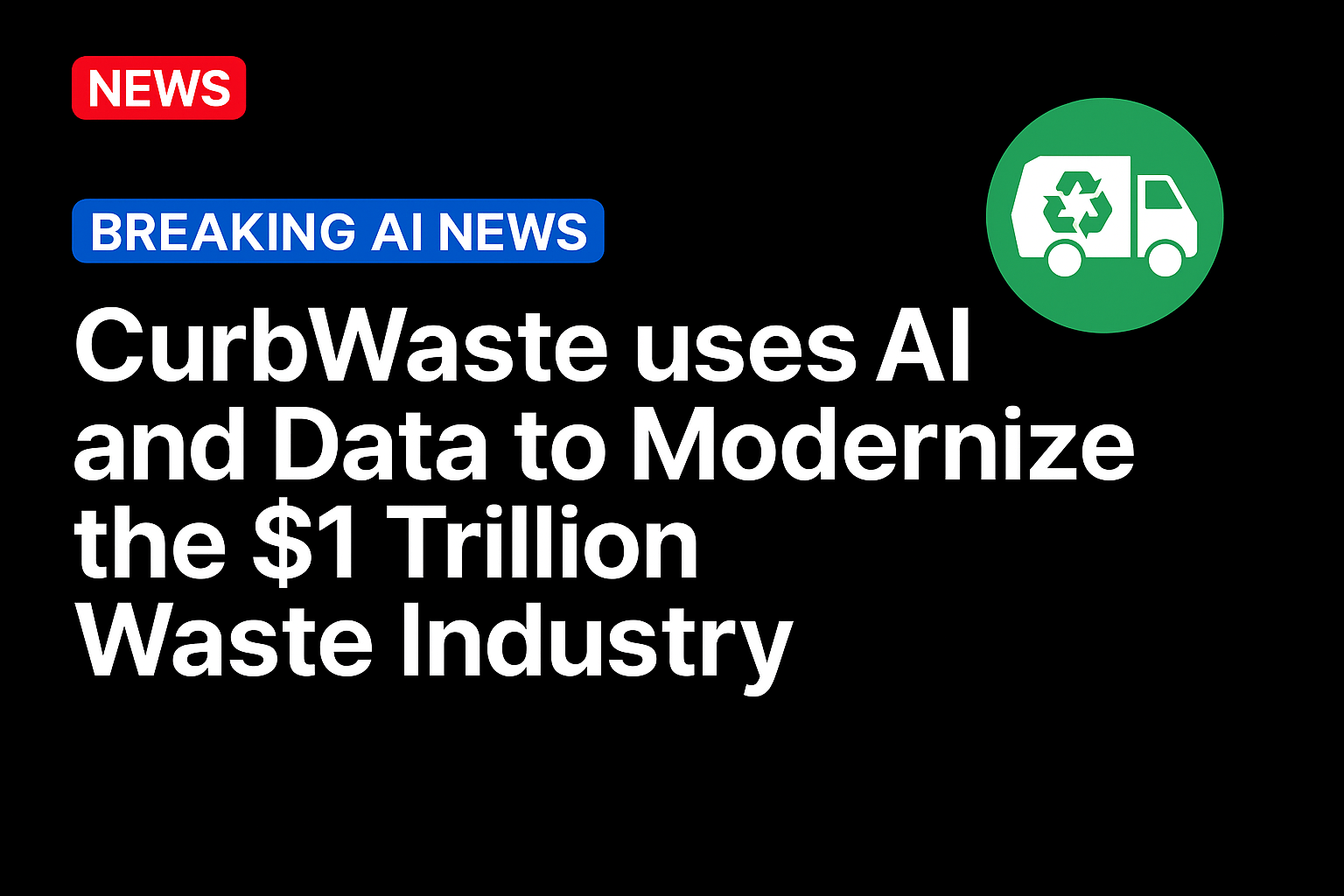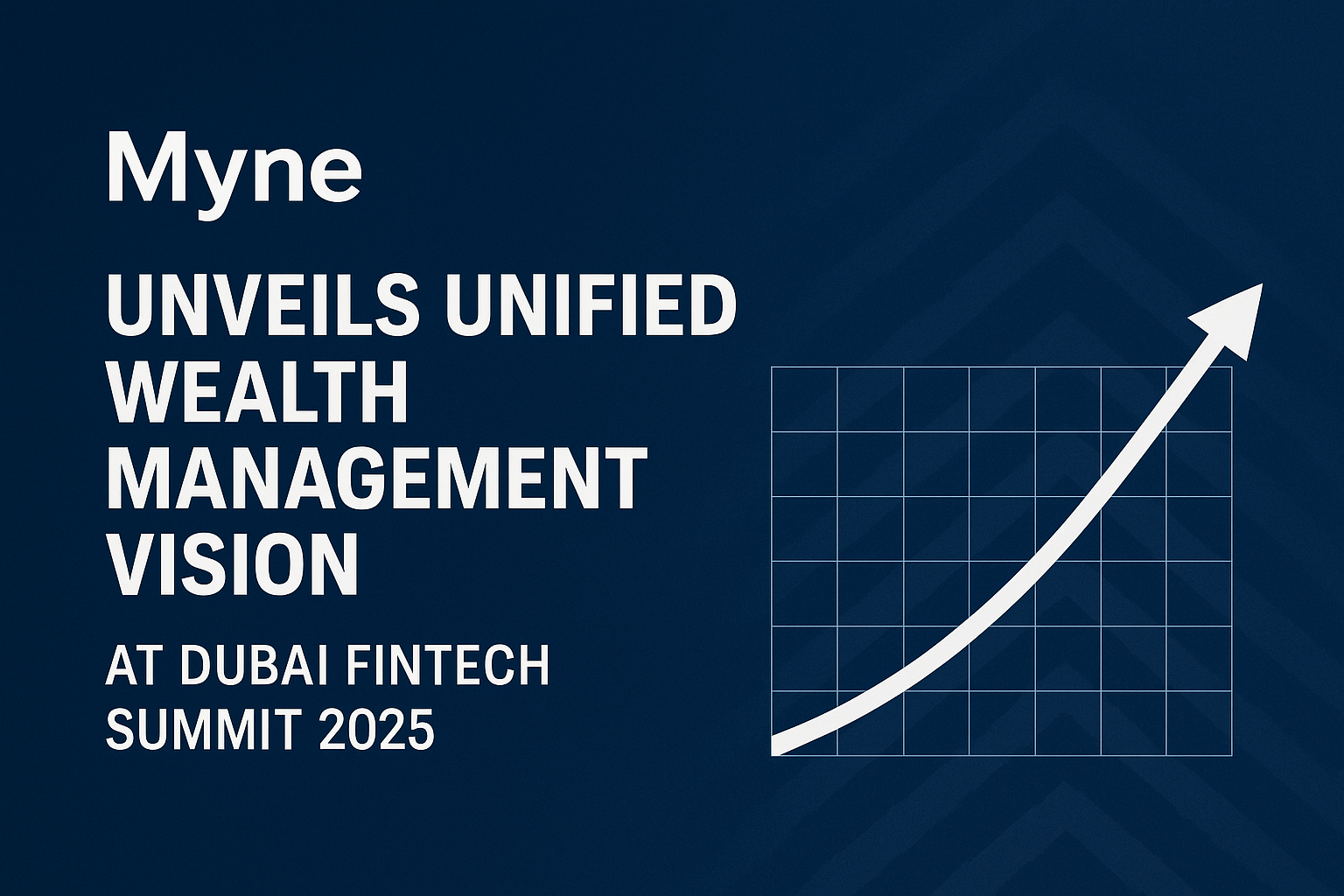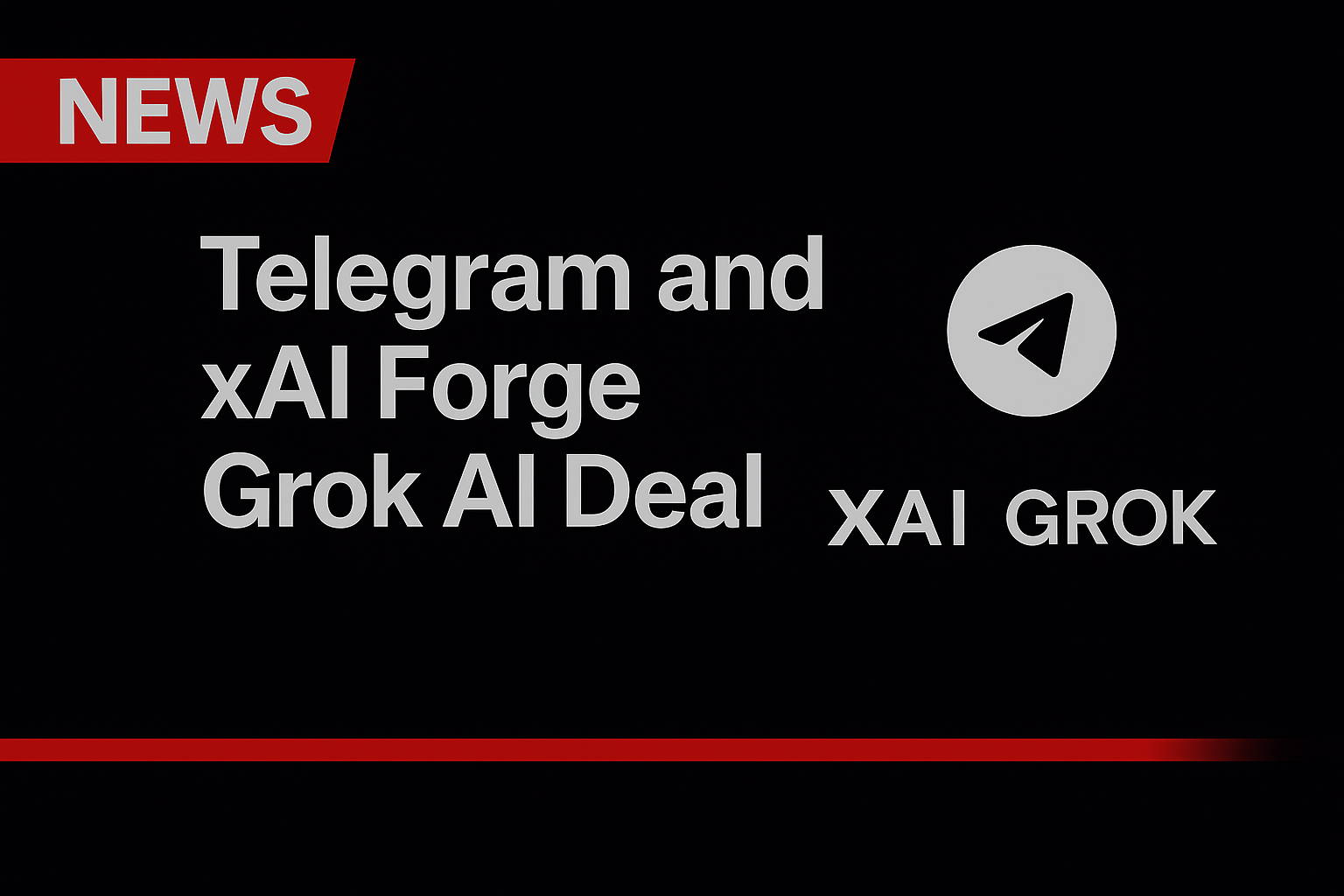Technology and data are remaking even the most essential and overlooked service, including waste hauling. It’s an industry that quietly keeps cities and towns running, moving construction debris, recycling and household refuse every day.
Despite its scale, and a trillion dollar market with $32 billion in fund flows, according to CurbWaste CEO Mike Marmo, it remains one of the most fragmented sectors in the U.S. Waste hauling is dominated by family-run haulers who still rely on paper tickets, clipboards and spreadsheets to track routes, trucks and payments, and just getting started is a long journey, as trucks can cost $300,000 each.
Marmo knows that world intimately. “We set out to build a waste company in New York. My family had been in the business for four generations,” he told PYMNTS CEO Karen Webster. “When we started to seek out technology, we really weren’t able to find anything that gave us an edge or made us more data-driven. So we decided to build it ourselves.”
Heavy Costs, Thin Margins, and the Economics of Waste
Haulers face those pressures daily, he added, because the industry’s economics are inherently inefficient. Webster noted that the waste sector’s biggest challenge lies with inertia. Webster observed that mom and pop businesses, multi-generational businesses, may be daunted by the change from paper and pencil and Excel spreadsheets, eyeing it as a heavy lift.
But modernization is necessary. “Technology used to be a nice-to-have. Now it’s a must-have,” Marmo replied. “We’re truly in an industrial revolution at the moment, so it’s even more critical to be at the forefront of it.”
Change is hard, Marmo acknowledged. But digitization, he said, turns information that once sat in file drawers into actionable insight. “Software allows you to get visibility into your business in a way that you can’t do otherwise,” he told Webster.
The Role of AI and Integration
CurbWaste centralizes customer orders, dispatching, driver apps, invoicing and reporting, tied to what Marmo called “implied AI” — technology that works quietly in the background to automate repetitive, manual tasks.
That includes capturing and codifying “tribal knowledge” from dispatchers who understand local routes and customers. “AI allows you to consume that information and then spit out a more proactive decision-making process.”
The goal, Marmo said, is an integrated operating system for haulers. “Waste is always local. Everybody’s picking up garbage relatively similarly, however, the communities … are very different.” CurbWaste’s platform standardizes those data flows so haulers can meet varied municipal and environmental reporting requirements. “Anything that we can do to help them normalize that data and then visualize it … and save that in a format that can be presented or automated completely is really powerful.”
Building a Network and Scaling It
Beyond software, Marmo said CurbWaste is helping haulers connect and learn from one another. “ The younger people coming into the industry … have a thirst for learning and they really want to improve this industry in a meaningful way,” he told Webster.
That community focus extends to the company’s next phase. CurbWaste recently raised $28 million in Series B funding, led by Socium Ventures, backed by Cox Enterprises, with participation from Flourish Ventures, TTV Capital, B Capital Group and Squarepoint, bringing its total funding to $50 million.
“We’re going to continue to invest in the data and analytics and give customers more AI-powered business intelligence,” Marmo said. “But more than anything, our brand will stand for community … we’re going to build something that’s really powerful, and these waste haulers are going to be better for it.”
Source: https://www.pymnts.com/




